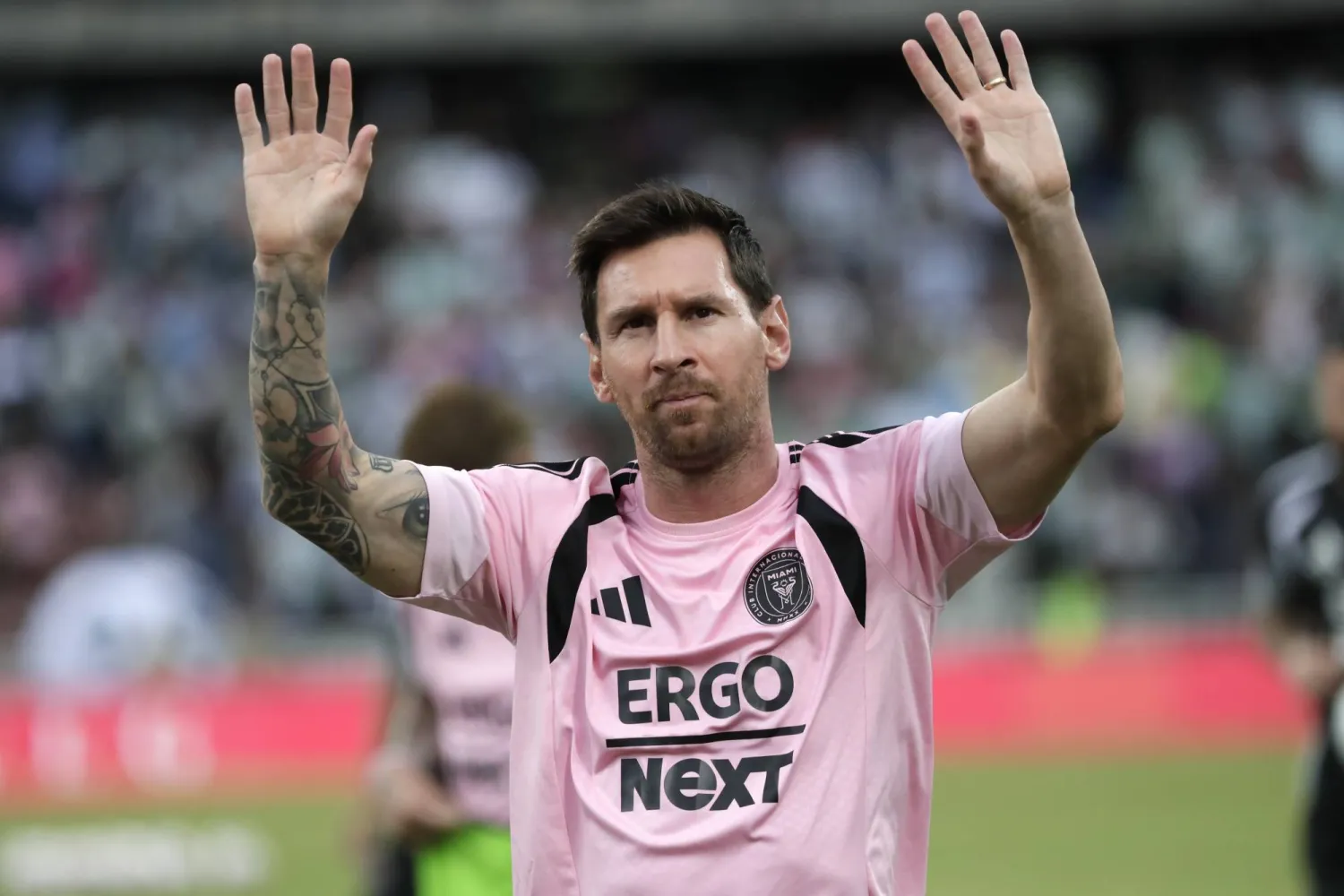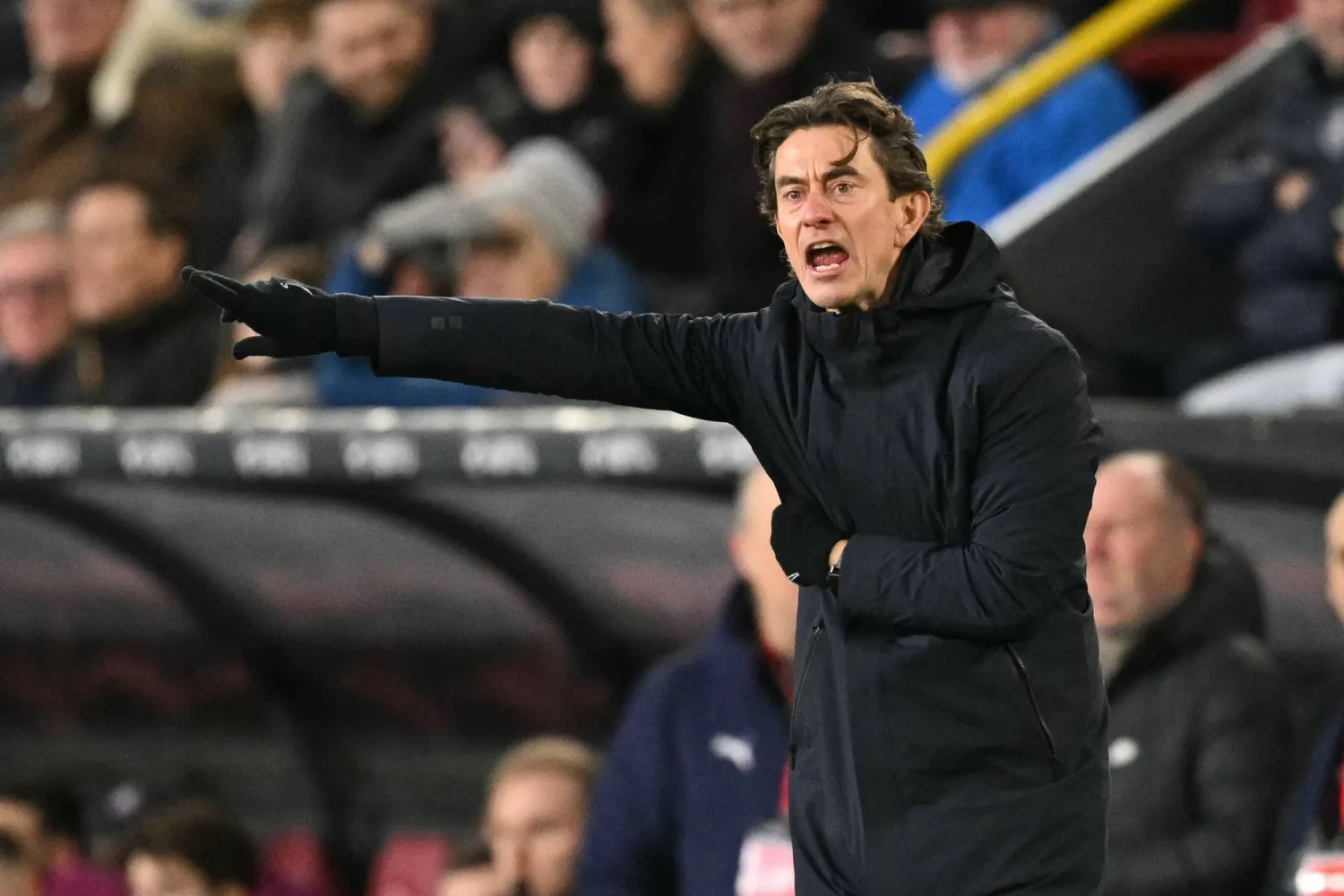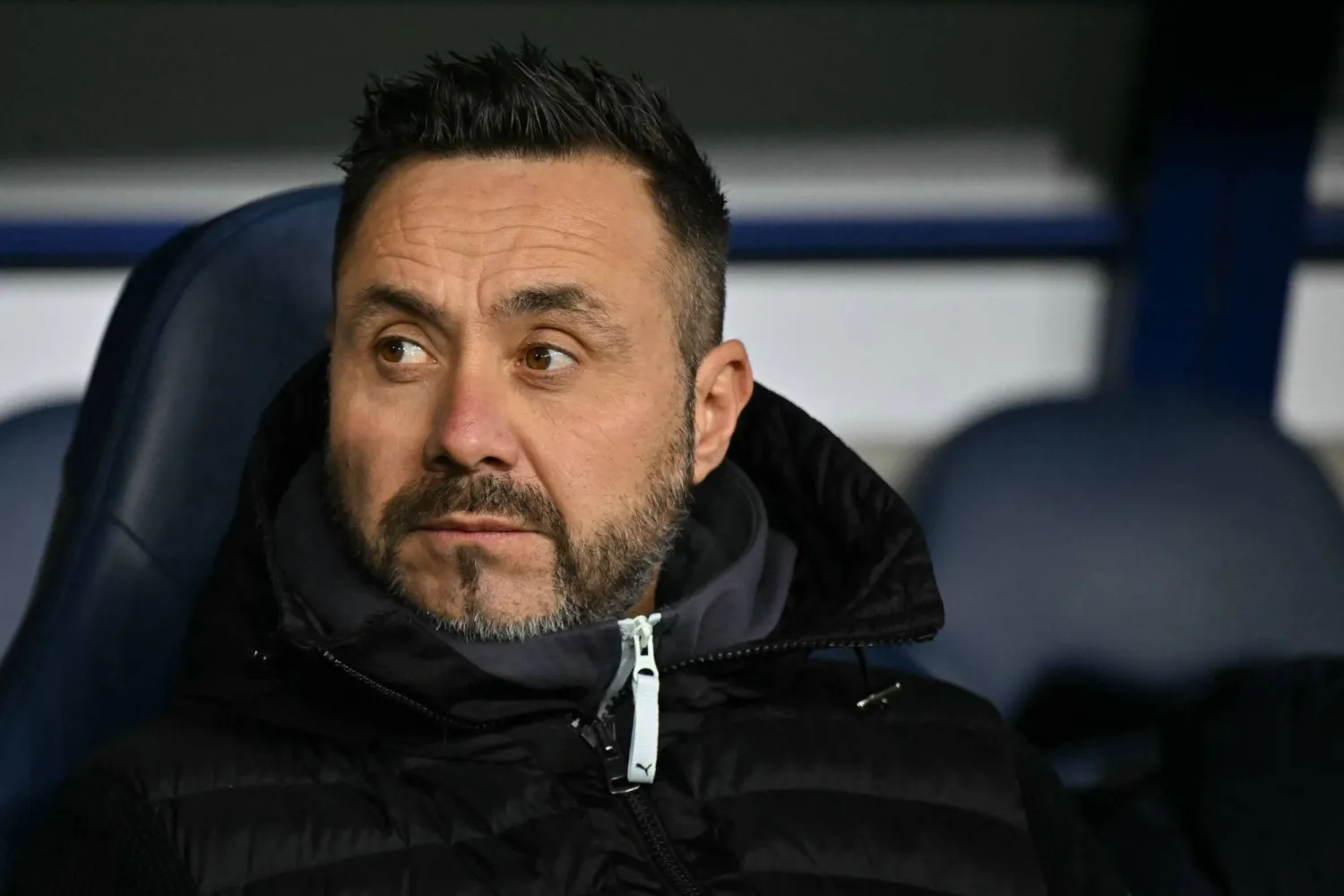On a sunny summer Saturday in Inglewood, California, two of the Premier League’s most historic rivals met on the pitch, and the biggest news had nothing to do with the score of the game. Rather, two key injuries for Manchester United (Rasmus Højlund and new addition Leny Yoro) drew headlines after Arsenal’s 2-1 win in which the London side’s two key Gabriels (Jesus and Martinelli) scored.
It is just pre-season. In all likelihood, the injuries were the biggest thing to come out of a game between these opponents in this location. But it may not be that way for much longer. Soon, games like this week’s Liverpool-Arsenal clash in Philadelphia or Chelsea-Man City in Columbus could actually have an impact on the league table.
The reason why lies just nine miles away from where Milan and Man City kicked off their own transatlantic exhibition in New York City on Saturday: the southern district court of New York in Manhattan, where in 2019 the event promoter Relevent Sports filed suit against US Soccer and Fifa. Relevent had initially brought the suit because US Soccer denied the company licence to stage an Ecuadorian league match in the US. Earlier this year, Fifa reached a deal with Relevent to remove itself from the suit, crucially promising to change its statute as part of the deal while admitting no wrongdoing.
Fifa has not yet removed that statute, but has promised to before the end of this year and ordered a review of the rule at its most recent Congress in May. In just about any reading, the removal of the rule is all but inevitable, with Premier League games on US soil surely soon to follow – whether sanctioned league matches or as part of an extra or rebranded cup competition.
With some time probably remaining before those games actually start happening, this summer’s US tour games now exist in a strange middle ground: no longer some harmless fun before a grueling season, but perhaps a harbinger of what an even more grueling club season may look like. Not only will players be playing more meaningful games than ever before, they’ll also be doing so in an unprecedented number of locations far-flung from the communities the clubs were initially founded to represent.
There is plenty of opposition to these potential overseas games, not least from those grassroots fans. The masses that fill clubs’ stadiums each week feel rightfully aggrieved that their domestic circuits would top a generation of rising commercial revenues, raised ticket prices, inflated player salaries and astronomic transfer fees by abandoning the people who gave them the platform to reap all those rewards in the first place. It’s the European Super League phenomenon, in a different form.
It shouldn’t be lost that as English fans clamour for a concession on more favorable kick-off times, team owners may one day have their eyes fixed on a potential North London derby in New York, LA or Nome, Alaska.
The discussion is fierce enough and relevant enough to broader trends of globalization that it is no longer just about football. And the “real world”, like the football world, tends to agree: the trend is all but unavoidable.
“We’ve got seven Premier League clubs in London but when you look at the way the Premier League works, a lot of the revenue they receive is TV rights,” the London mayor, Sadiq Khan, told the Sports Agents podcast. “I think the point that the Premier League would make and some of the owners would make is, why can’t their fans in those countries benefit from a competitive game?”
Left unsaid, and perhaps assumed, is that the clubs themselves would also benefit massively. Most estimates peg commercial revenues from pre-season tours to be more than $10m for Premier League clubs, so it’s no wonder Europe’s biggest teams now make the United States a regular stop. At first, in the early 2000s, they did so because the marketplace was largely untapped. Today, they do so because the taps have been fully installed and fans have shown that they are willing to flood venues, regardless of the stakes.
In 2014, the Relevent-organized friendly between Manchester United and Real Madrid at Michigan Stadium set an all-time record that still stands for most spectators at a single soccer game in US history: more than 109,000, a total sellout of the Big House in Ann Arbor. The games this past weekend continued to draw solid numbers, and in locations like South Bend, Indiana, (site of Chelsea-Celtic) that do not traditionally see top-flight soccer of any type. Sunday’s Liverpool-Man United match in South Carolina sold out within hours. The ticket prices for all these games easily go into the hundreds – again, for games that mean nothing.
There’s value beyond dollars and cents as well. Every day spent in the US by a European club is a chance to get its players publicity opportunities they may never get otherwise – see Christian Pulisic’s appearance on NBC’s The Tonight Show this week, made possible because of Milan’s visit to the Big Apple. It’s the kind of mainstream exposure to a soccer star that is rarely seen in the US outside World Cups. And promoters like Relevent are at the center of much of this activity, and the money it tends to generate.
It’s easy to imagine how hosting competitive games could accelerate these trends, and it’s equally difficult to imagine it not happening soon. So while these summer friendlies might be meaningless, it would be prudent to enjoy them as much as you can while they last.
Alexander Abnos









